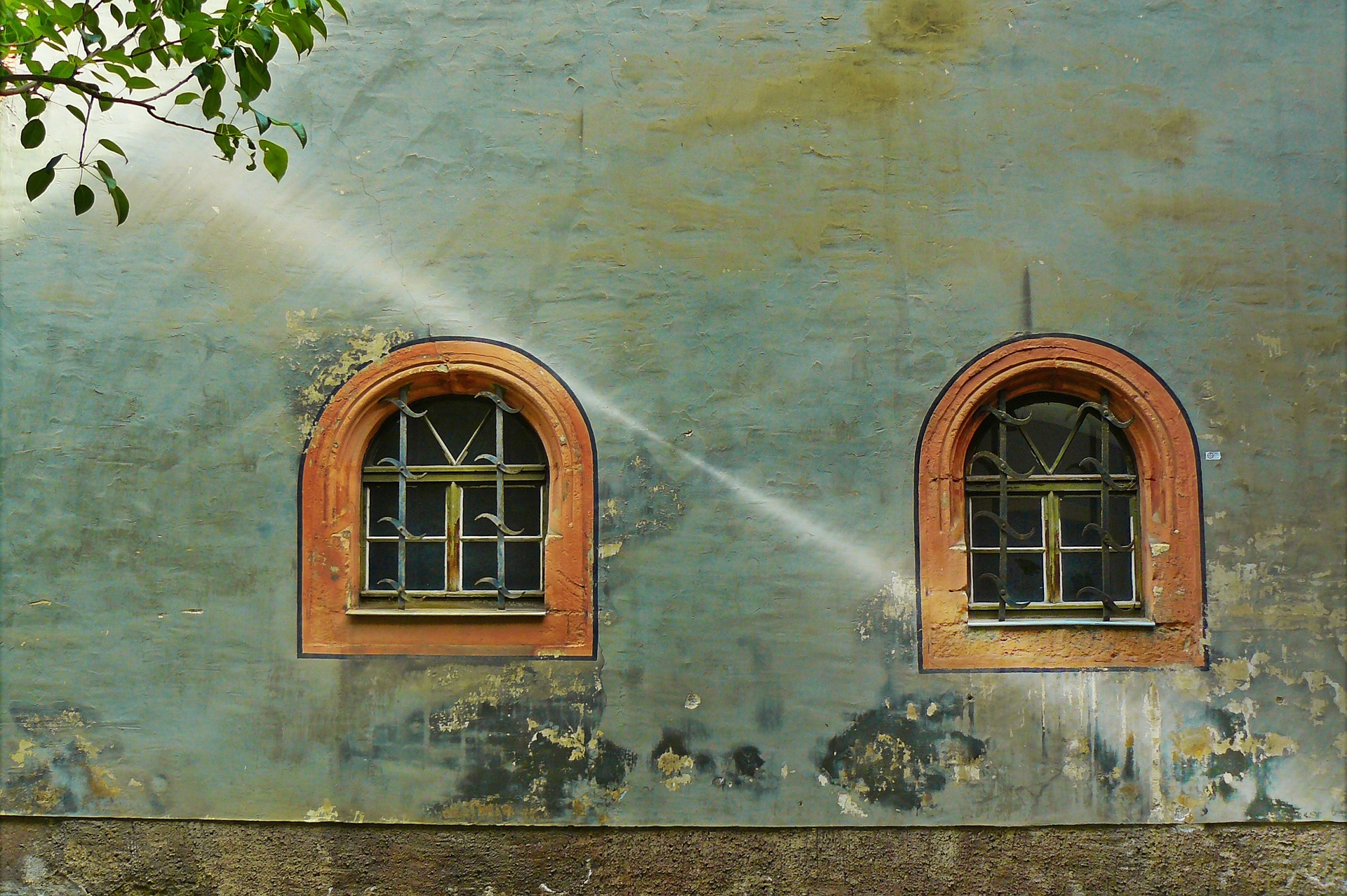
Post by Kelsey McGee
Hello! My name is Kelsey McGee and I am a second-year law student and Regent University School of Law. I have been researching Indian Supreme Court and High Court cases on adequate housing as a basic human right for Justice Ventures International (JVI). JVI fights all human rights injustices in India, primarily human trafficking and extreme poverty.[1]
India has concrete constitutional provisions that include adequate housing as an essential protection of life.[2] This includes a powerful Indian Supreme Court case that stated:
The right to life would take within its sweep the right to food, the right to clothing, the right to decent environment and a reasonable accommodation to live in. The difference between the need of an animal and a human being for shelter has to be, kept in view. For the animal it is the bare protection of the body, for a human being it has to be a suitable accommodation which would allow him to grow in every aspect – physical, mental and intellectual.[3]
Numerous times the Indian Supreme Court has re-iterated that the right to adequate housing is encompassed in the right to work and ultimately the right to life. The states of India have an obligation to provide adequate housing to the poor or middle classes of India.[4] Many slum communities that exist on roadways and footpaths have been relocated without an adequate housing standing in its stead.[5] Each state is also given authority through the Slum Areas (Rehabilitation and Clearance) Act to clear certain areas if not reasonably suitable for occupation. Similarly, in the interest of the communities existing in these dwellings, the slum tenants are protected from eviction without reasonable notice and relocation.[6]
A recent decision in the High Court of Delhi emphasizes the importance India is placing on the right to adequate housing. A homeless person died from exposure on the streets of Delhi and the court issued a “suo moto” (of its own accord) opinion that highlighted the lack of adequate facilities and homeless shelters creating major problems in the cold months. The Court issued the opinion to remind the State of it’s prime responsibility to provide shelter for the homeless and most marginalized. [7]
“[T]hey asked us to remember the poor, the very thing I was angry to do.”[8]
This post was written by a Center for Global Justice Student Staff member. The views expressed in this post do not necessarily reflect those of Regent University, Regent Law School, or the Center for Global Justice.
[1] https://justiceventures.org/our-work/
[2] India Const. art 21
[3] Shri P. G. Gupta vs State Of Gujrat & Ors, 1995 SCC, Supl. (2) 182 JT 1995 (2) 373 (1994) (India), quoting Shantistar Builders v. Narayan Khimalal Totame, AIR 1990 SC 630 (1990) (India).
[4] Delhi Development Authority v. Abhay Prakash Sinha, LA 179/2008 (2008).
[5] Olga Tellis & Ors v. Bombay Municipal Corporation, 1986 AIR 180, 1985 SCR Supl. (2) 51 (1985) (India).
[6] SAA Ch. III.
[7] Court on its own Motion v. Government of National Capital Territory (NCT) of Delhi, W.P. (C) 29/2010 and W.P. (C) 641/2013.
[8] Galatians 2:10 (English Standard Version).

